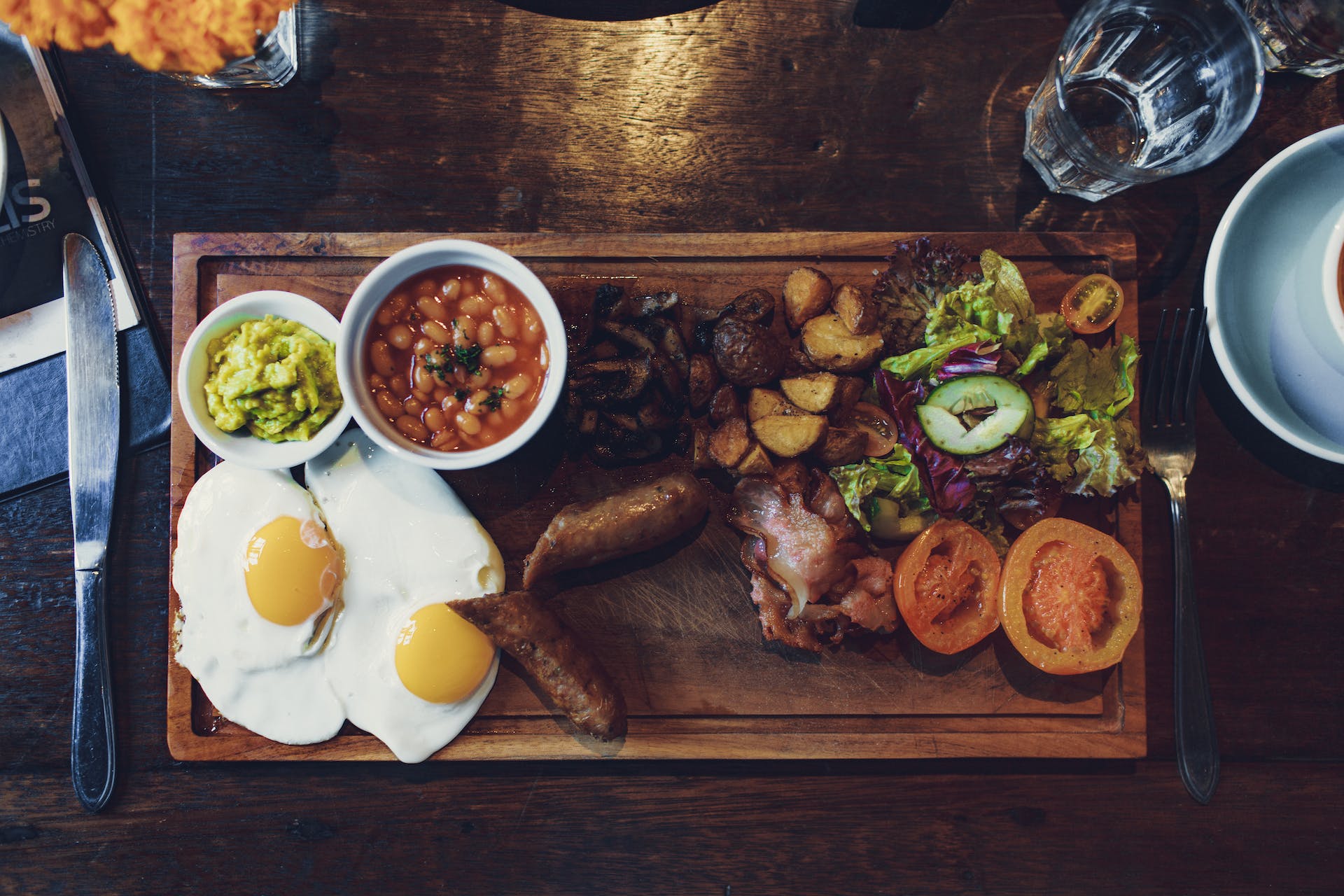For decades, women have been told that you are what you eat; eating fat makes you fat. However, since the mid-1970’s, thousands of women have been losing weight through a variety of low-carb diets. So which is the better diet plan for women?
The study, carried out by a team of researchers at the University of York in the UK, suggests that the most effective way of improving the health of women is to a healthy diet.
Choice of a Good Diet
The biggest problem for literally every woman is the choice of a good diet. The Internet is overwhelmed with plenty of diets, each coming with pros and cons, with unique benefits and dangers.
Some of these diets are good, others do nothing, and a small number of diet plans can be even life-threatening!
How to choose the best diet?
Unfortunately, this is not a good question to look for answers online. Only certified healthcare experts can recommend a particular diet to a particular person.
However, we will review 2 very popular diet choices and compare their effectiveness in terms of weight loss as well as overall health benefits. We will review and compare a low carb diet and a low fat diet and try to decide which one can be better.
Let’s take a look at the facts and science regarding low-fat and low-carb diets to determine which is the real winner when it comes to losing weight.
Low-Carb Diet
A low-carb diet is a high-fat diet that restricts or eliminates all carbohydrates except for those found in fruits and vegetables. Low-carbohydrate diets are commonly prescribed to help manage type 2 diabetes, and in the past, they have also been prescribed to treat obesity. A low-carb diet may be effective for people with obesity because it restricts calories while also avoiding processed foods.
A low-carbohydrate diet is typically defined as an elimination diet that requires you to avoid all processed foods and replace them with whole foods such as fruits, vegetables, lean proteins, and whole grains.
It’s important to note that there are several distinct low-carb diets and their various components are all considered to have their own specific health benefits.
Low-Fat Diet
A low-fat diet is a diet that reduces or eliminates the intake of all sources of dietary fat, except for those found in certain dairy products. It also includes the consumption of a variety of whole-grain foods, such as whole-wheat bread, whole-wheat pasta, and so on. A low-fat diet usually does not restrict consumption of carbs but of course, it makes sense to limit the amount of simple carbohydrates such as sugars.
The goal of a low-fat diet is to reduce the intake of calories and therefore decrease body fat. This can be accomplished by reducing overall fat and replacing it with other sources of energy.
Although the original idea behind low-fat diets seems reasonable, it turned out later in clinical studies that certain types of fat – for example, those found in olive oil – can be beneficial for the body. Moreover, they are especially good for lowering body weight although initially, the idea was the opposite!
Low-Carb Diet vs. Low-Fat Diet
Before we can compare these 2 diets, let’s take a look at the science behind these diets ald learn how they affect body, weight, and overall health of an individual.
Understanding Hormones
One thing that women need to know is that insulin is a fat storing hormone. Insulin is what pushes sugar into the cells so they have fuel to work. When there is more sugar than the body can use, it’s insulin’s job to store it as fat.
While some scientists will disagree with this, one thing is known for certain, when insulin levels are low, women lose weight. In fact, before we knew about diabetics, one of the first things people would notice about them was that they were very thin.
Another important hormone the body makes is called leptin. This hormone is made by our fat cells.
Leptin is supposed to tell the body that we have plenty of fat stored, so we don’t need to eat and we aren’t hungry. For unknown reasons, some women aren’t getting this message sent to the brain.
Some scientists believe that it is high insulin levels that are blocking our brains from getting the message from leptin. Without a message from leptin, our brains think we are starving, so we eat more.
The Solution
So while low fat diets can help you to lose weight, lowering insulin levels, which is accomplished by lowering the consumption of carbohydrates, will result not only in weight loss, but improved health and brain function.
Numerous studies have found this to be the case over and over again. The body looks at carbohydrates much the way it does sugar. When broken down, carbs are easy sources of sugar for the body to use as fuel. Insulin is the hormone that stores sugar as fat once all the needs for fuel have been met. You lower insulin levels by removing carbs (and sugar) from your diet.
Summary: What is the Best Diet?
As we mentioned before, these is no best diet for every woman. For women who are looking to simply lose weight, both diets will work well.
However, for women who are looking for a lifelong way of eating that will not only keep their weight in check, but will also offer them substantial health benefits, you should think about a low-carb diet.
When women simply cut back on the amount of carbs they eat, from a typical 150 to 200 grams per day, down to somewhere between 20 and 50 grams per day, they lose weight. No matter how much they eat of low carb foods, such as meat, eggs, cheese, bacon, and vegetables, they will lose weight.
While low carb diets aren’t a magic pill, when it comes to losing weight, sticking with an eating plan, and reaping health benefits such as lower blood sugar, lower blood pressure, lower levels of cholesterol and higher energy levels, as well as improved cognitive function, there is no denying that low carb is the way to go!



0 Comment